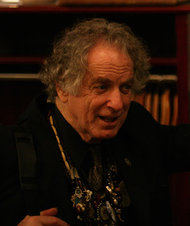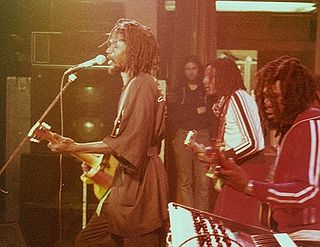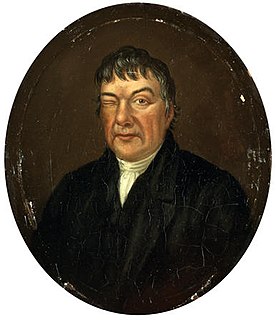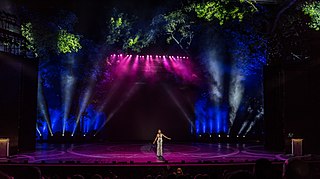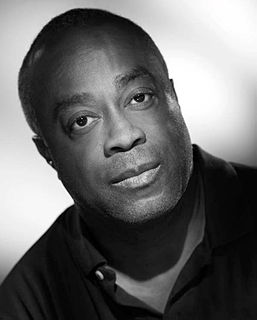A Quote by Joseph B. Wirthlin
In the first century A.D., members of the growing Church in Corinth were enthusiastic about the gospel. Almost all were recent converts to the Church. Many were attracted to it through the preaching of the Apostle Paul and others.
Related Quotes
A church that suffers no persecution but enjoys the privileges and support of the things of the earth - beware! - is not the true church of Jesus Christ. A preaching that does not point out sin is not the preaching of the gospel. A preaching that makes sinners feel good, so that they are secured in their sinful state, betrays the gospel's call.
Now, apparently strengthened as by a new spirit, with "might in the inner man," he labored with renewed energy and zeal; and new and singular blessings descended upon his labors. In two years, his ten preaching places in Anglesea were increased to twenty, and six hundred converts were added to the church under his immediate care.
One faith, St. Paul writes (Eph. 4:5). Hold most firmly that our faith is identical with that of the ancients. Deny this, and you dissolve the unity of the Church ... We must hold this for certain, namely: that the faith of the people at the present day is one with the faith of the people in past centuries. Were this not true, then we would be in a different church than they were in and, literally, the Church would not be One.
I was pregnant with my youngest child at the time, writing about mass death while I'm growing this precious little life inside me. Here I am, worried about everything I eat and drink and whether I walk past a smoker, and meanwhile I'm writing about an event where almost three hundred children were slaughtered. Most were never identified and are buried in a mass grave in Oakland. It was surreal. But it felt good to give Jim Jones's victims a voice, especially ordinary church members.
The trouble with Christianity was that by about 150, there were hardly any Jews left in the Christian church, and so from that time until the last part of the twentieth century, the only people reading the gospels and interpreting the gospels and writing commentaries on the gospels were gentiles who were simply ignorant of the Jewish background, and I just thought they were prejudiced.
Before the church responded, a lot of people would ask us, 'Are you afraid of what the church would say?' And Trey and I were like, 'They're going to be cool.' And they were like, 'No, they're not. There are going to be protests.' And we were like, 'Nope, they're going to be cool.' We weren't that surprised by the church's response. We had faith in them.
Coming from the South and growing up in L.A. where it was so segregated - worse than the South in many ways - all the people in my neighborhood were from the South. So you had that Southern cultured environment. The church was very important. And there were these folk ways that were there. I was always fascinated by these Southern stories, people would share these mystified experiences of the South. I wanted to talk about folklore.


